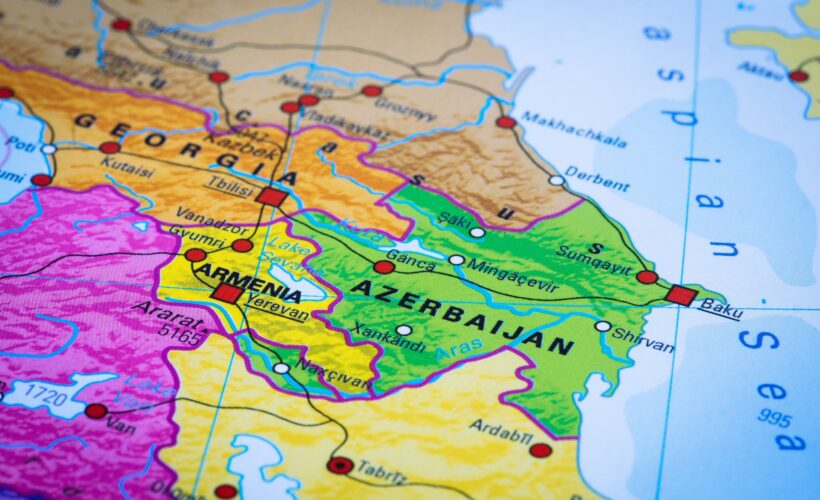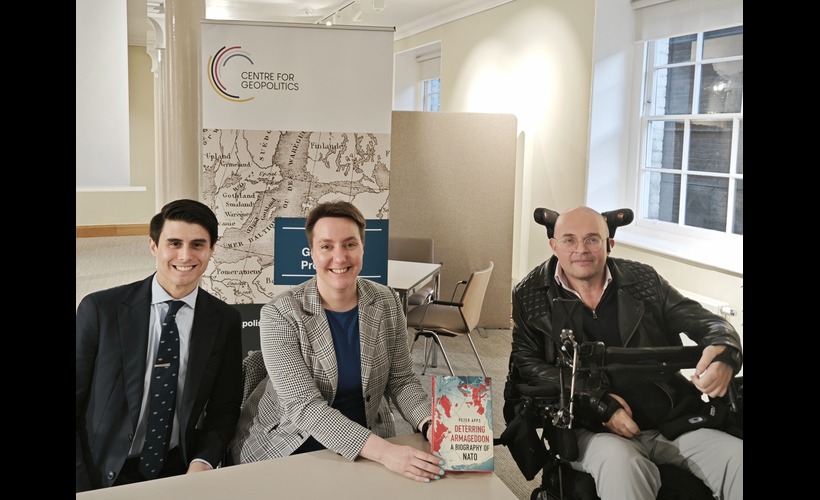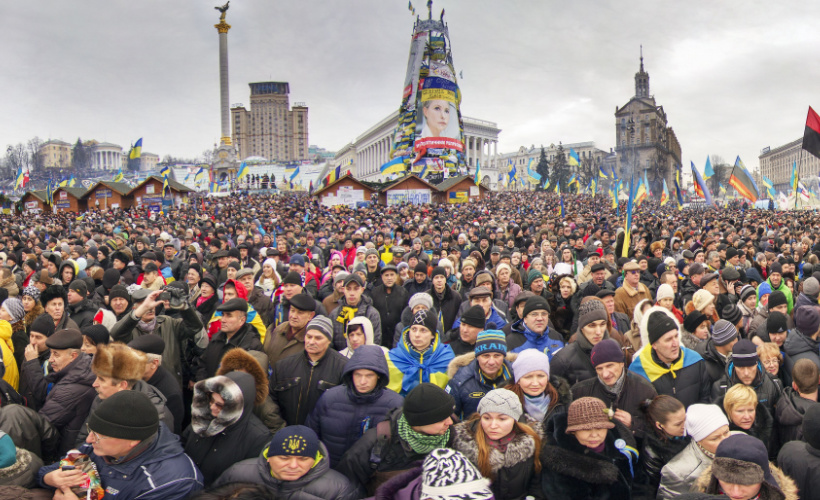By Elvira Tamus, Research Assistant
On 20 July 2023, the Centre for Geopolitics hosted a webinar on ‘Neutrality and the Baltic: History and future’, chaired by Rt Hon Charles Clarke (former Home Secretary and Co-founder of the Baltic Geopolitics Programme at Cambridge). The panel had three speakers – Dr Cathleen Sarti (Lecturer in Early Modern European History at the University of Oxford, currently writing about the role of the Baltic within the European fiscal-military system), Professor Leos Muller (Professor in History at Stockholm University and author of Neutrality in World History, 2019), and John Freeman (UK Permanent Representative to the United Nations in Vienna, 1997–2001 and to the Conference on Disarmament, 2004–2006, and Deputy Director-General of the Organisation for the Prohibition of Chemical Weapons 2006–2011).
As the Baltic is close to becoming almost encircled by NATO members, this discussion sought to examine the changing interpretations of Baltic neutrality throughout the centuries, its uses, successes and failures, as well as the question of whether it will again be relevant in this region. Our speakers talked on early modern neutrality, armed neutrality, and modern-day neutrality.
Dr Cathleen Sarti outlined the late medieval and early modern background of Baltic neutrality, problematised the definition of neutrality along with the complexity and various factors of the concept. Sarti highlighted that the period between 1500 and 1800 was characterised by perpetual war and analysed trade protection, diplomatic immunity, and jurisdiction over the members of the Hanseatic League. She emphasised the importance of space and regulations of spaces in the Baltic Sea region, the competition of different trading ideas and practices in the area, as well as the role of neutrality as an instrument of economic and political power.
Professor Leos Müller pointed out that neutrality had different meanings and policies in different states and times and it was always related to specific conflicts. He compared permanent neutrality (guaranteed by agreements between great powers) and occasional neutrality (a tool of foreign policy used by many states, including great powers). Müller argued that neutrality was a crucial component of international law and the international state system and the Baltic Sea had a strategic significance in the nineteenth century. Additionally, Müller shed light on the difference between maritime and territorial neutrality and ‘Finlandisation’ (the term refers to the influence of the Soviet Union on Finland’s policies during the Cold War), and stated that neutrality is a less and less important component of Swedish identity.
John Freeman examined the various dimensions of the Russian invasion of Ukraine; which is to say the changes of neutrality in Europe, the ways in which neutrality is affecting security, the levels of security expenditure in European states and relations between the EU and the NATO. Furthermore, Freeman looked at the Soviet / Russian practice of building neutralised shadow states in the immediate neighbourhood, the shifting geopolitical picture of the Baltic Sea region, and the continued scepticism of Baltic countries about Russia based on previous experience.
The panel received a number of intriguing questions on Finland’s abandonment of neutrality; the contribution of neutrality to the Arctic border situation, the most efficient strategies of the current pro-EU government of Moldova regarding neutrality, Russia’s reaction to the decision of Sweden and Finland to give up their neutrality, and the future role of Kaliningrad in the Baltic.
The panellists agreed on the complexity of the concept of neutrality, the fact that neutrality was imposed from the outside in several cases, the significance of collective security, the impact that the Russian invasion of Ukraine has on trade on a global scale, and the need to continue discussions on the subject.







